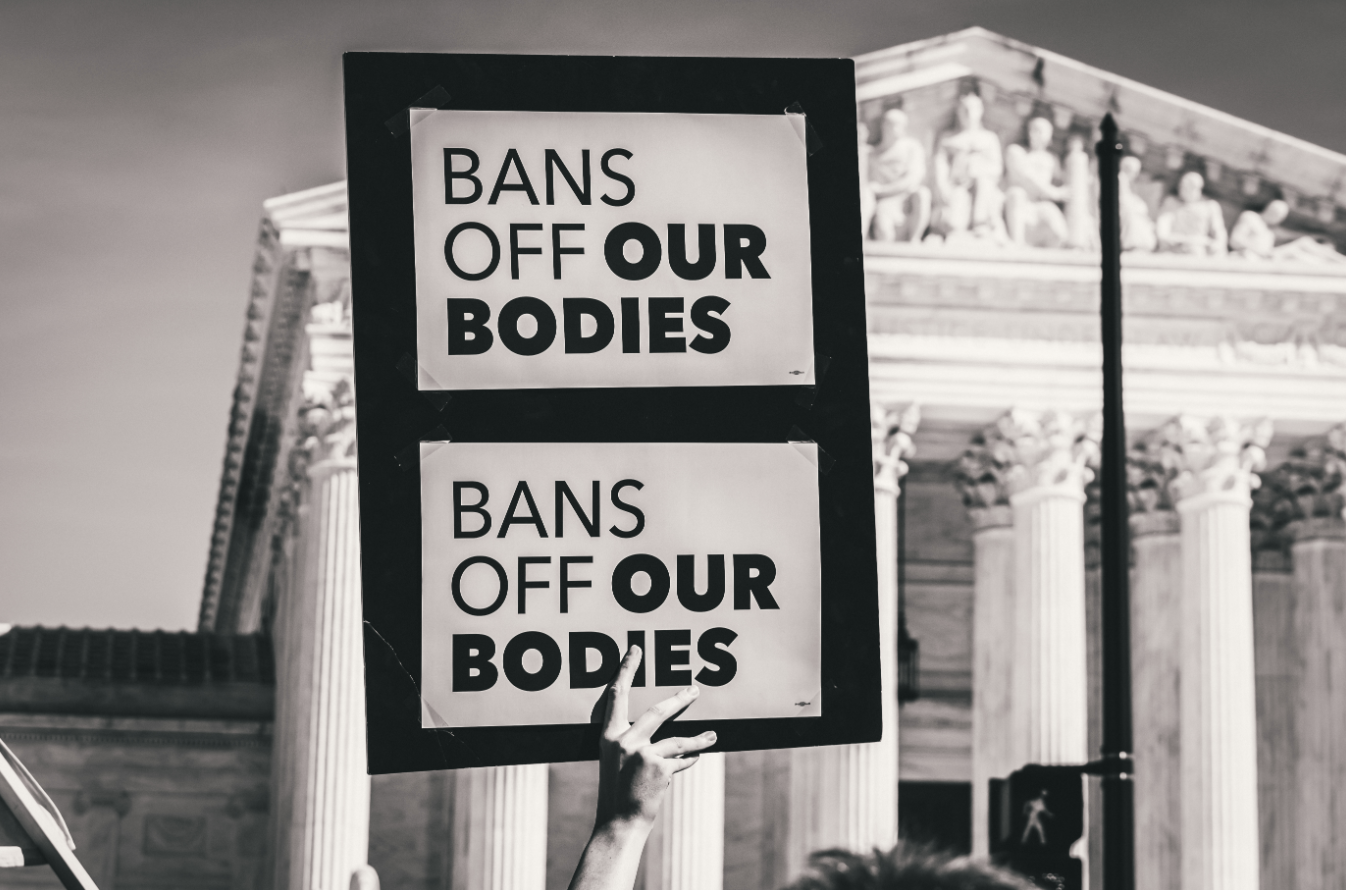Since the overturn of Roe v. Wade by the Supreme Court in June, the future of reproductive rights around the country has been uncertain. Thus far, Maine has remained one of the 15 states that place no limit on the legality of abortion. However, this November’s gubernatorial election could change that.
This year, Democratic incumbent Janet Mills is running for reelection following her entering office in 2019. She faces off against Paul LePage, a Republican who served two consecutive terms in the office from 2011 to 2019. LePage did not run in the 2018 election, as the only restriction on the Maine governor’s office is a limit of two consecutive terms — meaning this fall, he is eligible to run again.
The former governor possesses significant support from the right, fueled by discontent surrounding Mills’ handling of the COVID-19 pandemic, and this backing has been especially strong following his support of former President Trump throughout his campaign and administration. Although LePage has largely shied away from the question of abortion throughout his 2022 campaign, his past behavior may shine a light on his true and ominous stance: A LePage victory may mean the end of reproductive freedom in Maine.
This reproductive freedom has been foundational to the state since the passage of the Reproductive Privacy Act in 1993, when Maine became only the fifth state to protect the right to abortion through state law or constitutional amendment. Since the overturn of Roe v. Wade this past June, this right has seemingly only become more steadfast, with Gov. Mills signing an executive order in July further protecting safe and legal abortions throughout Maine. It is important to note, however, that the current law does possess a viability restriction, meaning that after 28 weeks, abortion is only legal when it is necessary to prevent death or serious harm to the mother. That being said, 28 weeks does constitute roughly 70% of a typical pregnancy, and as such the restriction is rarely consequential.
So with the right to abortion apparently secure in the state of Maine, how could this November’s gubernatorial election impact it, and where do the candidates stand now?
Currently, Democratic candidate Janet Mills strongly supports the law as it stands and firmly disagrees with any attempt to roll back abortion rights. In a tweet this September, she stated, “So long as I am governor, my veto pen will stand in the way of any effort to eliminate access to safe and legal abortions.” Her record supports this, as she has consistently worked to protect reproductive rights since assuming office. In a recent debate with LePage and Independent non-contender Sam Hunkler, she also affirmed the law’s viability restriction, stating when asked that she has “no plans to change the current law.” Altogether, Maine voters can feel confident that a Maine under Mills would continue to protect the right to abortion.
LePage, on the other hand, has been much less clear about his stance on the issue. While arguing in the recent debate that he “never once … attempted ever to even talk about the abortion bill,” there is much evidence to the contrary. The former governor has consistently attended pro-life rallies and stated at the Maine Right to Life’s Hands Around the Capitol event in 2016 that “Right now, more people are dying than being born, so it’s time to have an opportunity to keep them alive. We should not have abortion.” Additionally, in a 2022 Christian Civic League of Maine survey, LePage indicated support for greater restrictions on abortion.
So, if elected, what could the Republican candidate for governor actually accomplish?
Due to the nature of the current protections in the state, which are laws and not constitutional provisions, they can be repealed by the legislature. While this possibility seems unlikely now, it is just that — possible. And with a governor highly unlikely to veto such a restriction, or at the very least, willing to let it pass into law without his signature, that possibility shifts closer and closer to reality.
Now, we are left to consider the chances of LePage taking office in the first place. Mills currently leads the race in all polls, with FiveThirtyEight reporting most recently a 52.6% projected lead for the Democratic candidate in the popular vote, with LePage trailing behind at 45.4%. The site also reports a 88 in 100 chance of Mills winning the office, designating her as “clearly favored.”
Despite this clear path to victory, when it comes to the right to safe and legal abortions in the state for at least the next four years, no poll can be certain, and it is vital to these rights that every effort is made to secure this win.
To the residents of Maine: Research the candidates, educate yourself on their platforms, and vote! Arguably no action can be more direct in this potentially dire situation, so ensure that you exercise your right in this regard!
For those outside of the state — even if you cannot vote in this election, support can be offered through advocacy and donations, both to the Mills campaign and to various organizations working to preserve the right to abortion in Maine, including Planned Parenthood and Maine Family Planning.
The fate of the foundational right for Maine’s women to choose what they do with their own bodies — affecting hundreds of thousands of daughters, sisters, and mothers — is at stake this Nov. 8. It is clear that Paul LePage will not protect this right.
Image by Gayatri Malhotra is licensed under the Unsplash License.



